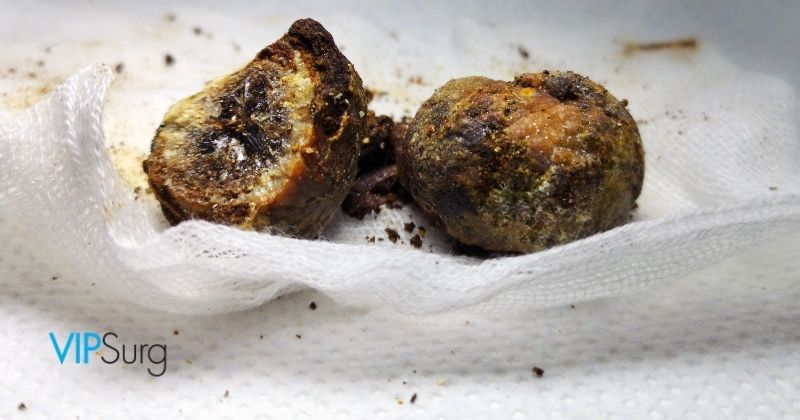
Patients undergo incredible changes in the weeks and months after their bariatric procedure. These changes run the gamut of both physical and psychological. However, one possible side effect of weight loss over the first several months after surgery that takes many patients by surprise is back pain. Of course, patients would be concerned for a couple of reasons. First, losing weight is often equated with improving joint and muscle pain, which is generally true. Second, many patients are concerned that they may have done significant damage to their backs by carrying the excess weight over the years and are now wondering if they have a more permanent problem.
While back pain can be concerning, it is a normal and temporary part of post-bariatric life.
Why Does It Occur?
The ligaments, musculature, tendons, and joints have all been used to carry significant weight. Even if they were stressed, there was predictability in how they were used (or unused). Once the patient begins to lose weight, it takes time for the body to catch up. After all, weight loss after bariatric surgery is very rapid. Pain can occur during that transitional period when the body tries to find its new equilibrium.
What Kind of Pain Should I Expect?
It’s hard to predict exactly what kind of pain you may experience. In fact, some patients experience no pain at all after their procedure. As such, we evaluate any pain after surgery on a case-by-case basis. However, it is essential to differentiate this normal back pain from other pains patients may feel after surgery.
If you are losing a significant amount of weight but not hydrating as you should, you may be at a higher risk of developing kidney stones. These phenomena can cause pain in the lower and mid-back. If you find that the pain is unrelenting or getting worse by the hour, speak to your primary care physician or urologist to understand if it could be caused by a kidney stone, amongst other potential urinary problems.
Patients losing a significant amount of weight may also experience back pain caused by gallbladder problems. Again, this is often because they are not hydrating. Gallstones may form or become lodged in the common bile duct. Gallstone pain usually gets worse until the gallbladder is removed. Gallbladder pain most often occurs within the first few hours after a meal – especially a large or fatty meal. While the gallbladder is in the front of the body, gallstone attacks can also cause pain in the back.
A muscle strain can cause back pain if you have one. If you have been working out hard or lifting too much, it’s not unusual to strain a muscle, especially if it is a muscle you haven’t used in a while. How do you know it’s a muscle? You can typically pinpoint the cause, replicate it by triggering the muscle to contract, and the pain usually disappears within a few days.
Back pain can also be a sign of something more serious. So, if you are experiencing persistent, significant pain, speak to your doctor as soon as possible. Back pain with chest tightness and symptoms like shortness of breath, left arm pain, and jaw pain may signal a heart attack. Do not delay in calling 911 right away.


